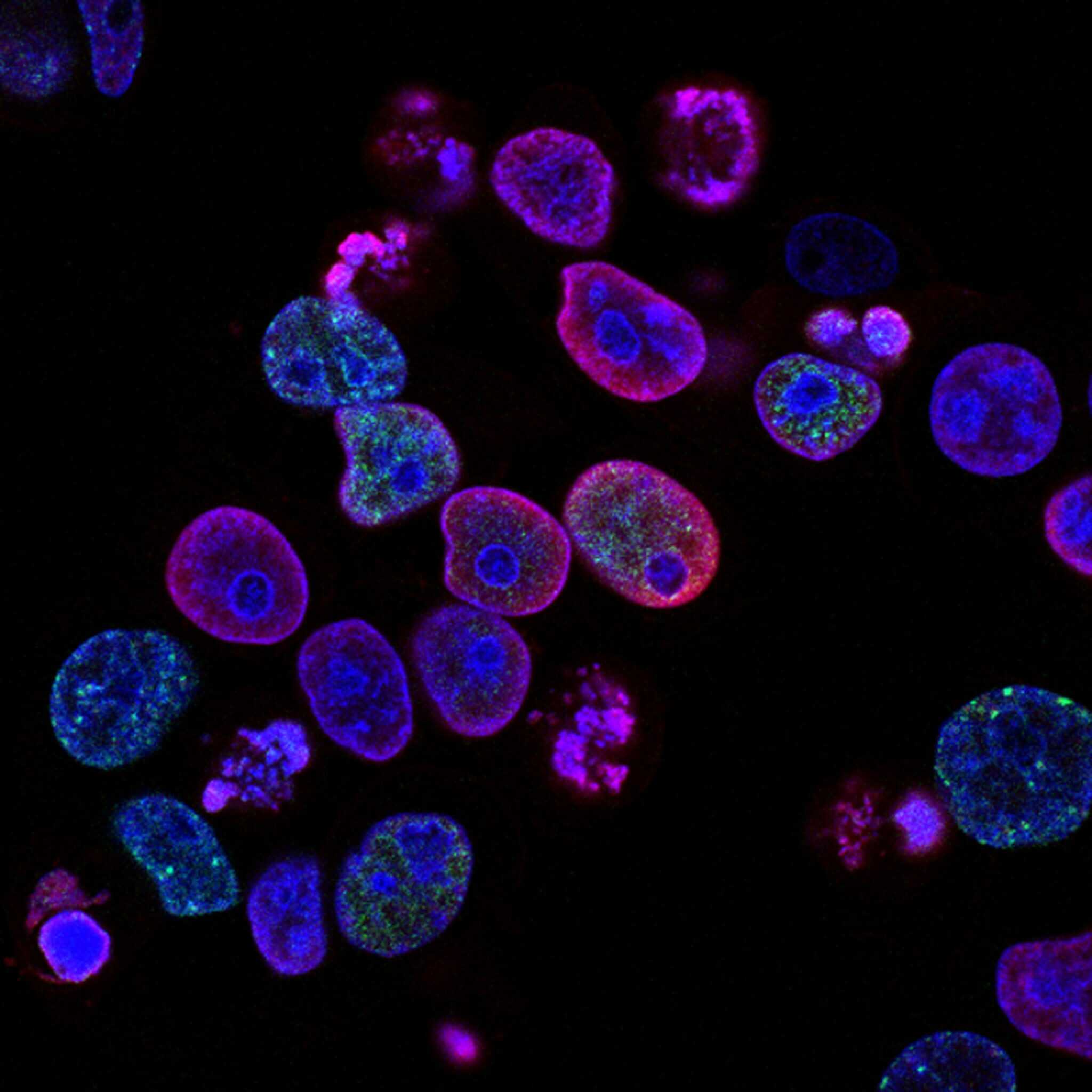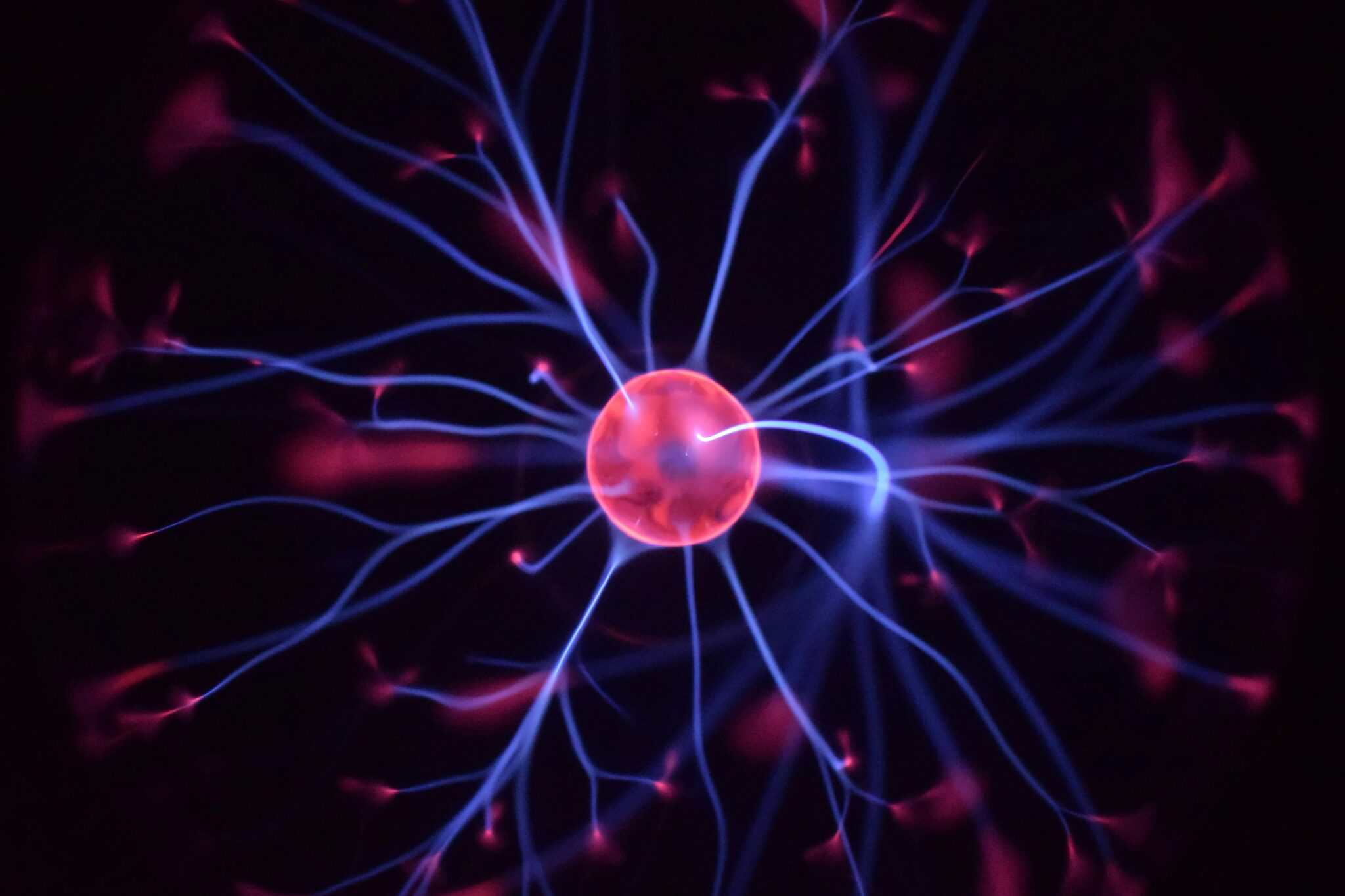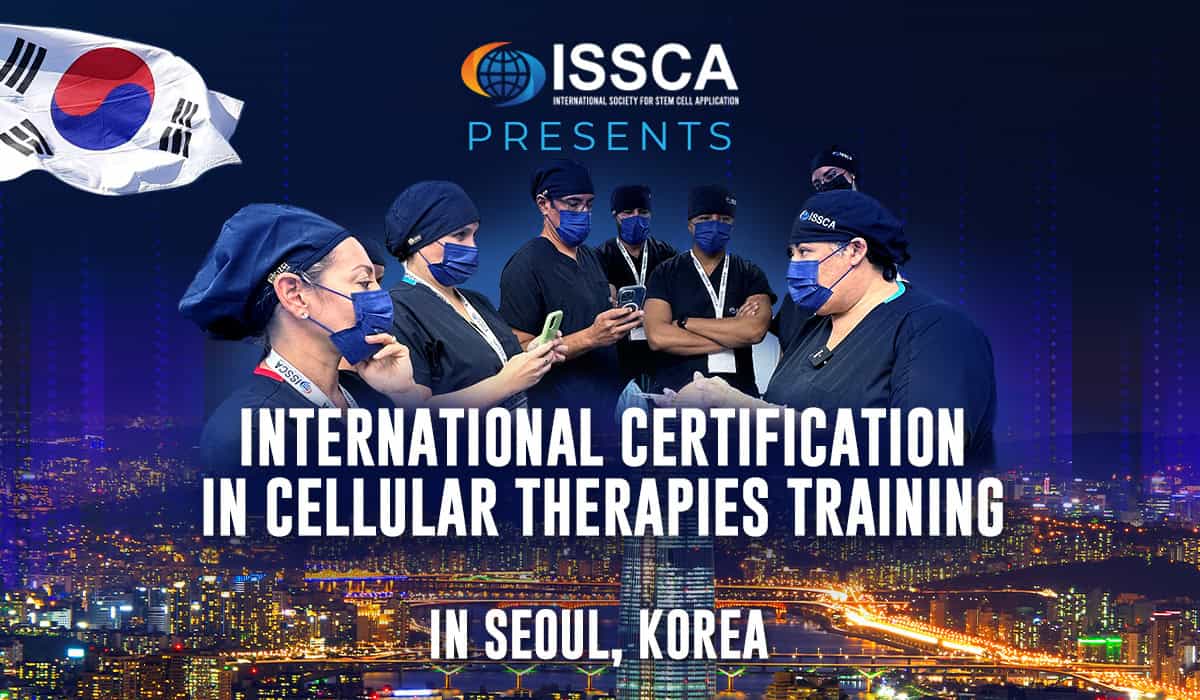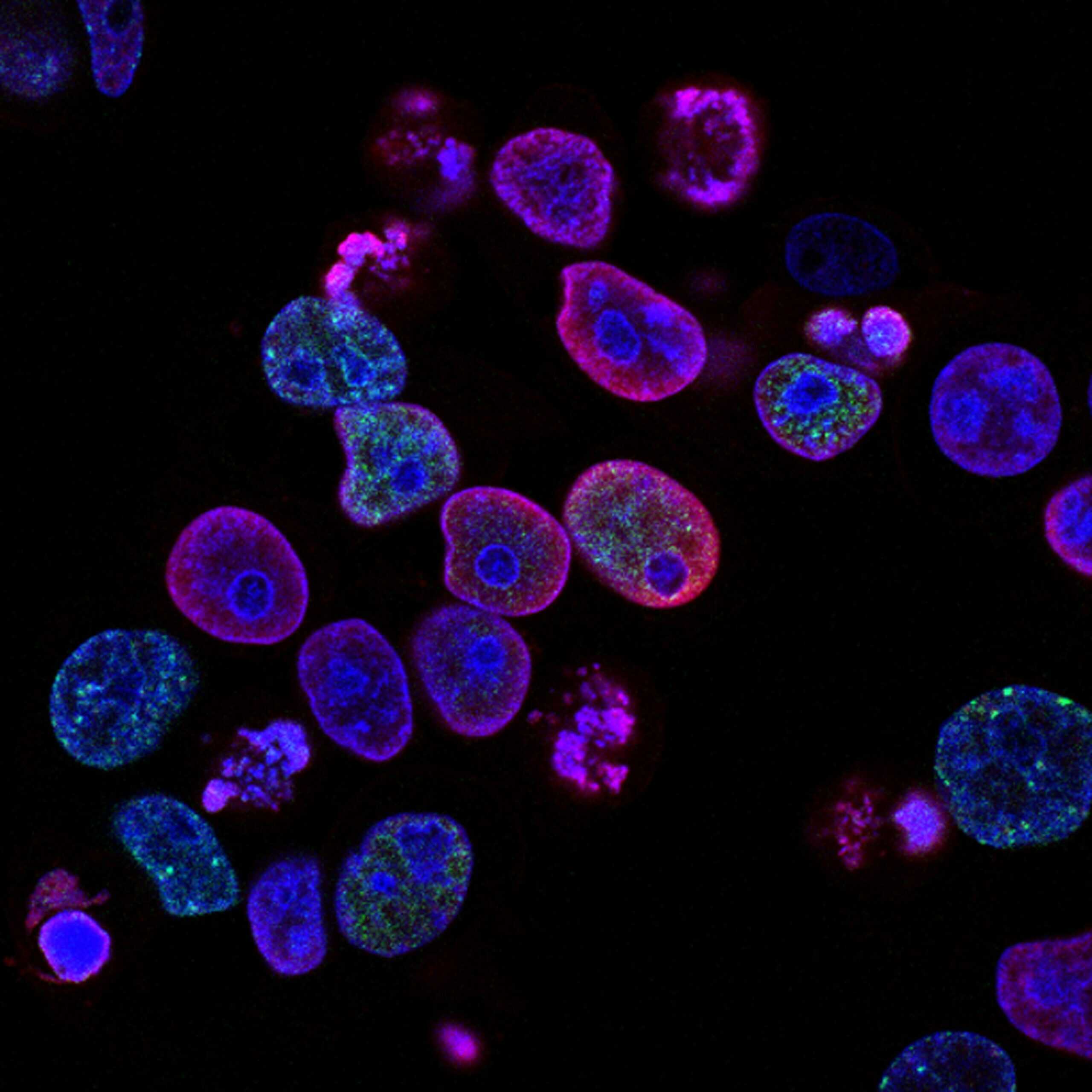Exploring Neuroprotection and Immune Modulation for MS
Multiple sclerosis (MS) remains one of the most challenging neurological disorders of our time. Characterized by immune-mediated demyelination, axonal injury, and progressive neurodegeneration, MS places patients and physicians in a constant battle between controlling inflammation and preserving neurological function.
While disease-modifying therapies (DMTs) have significantly reduced relapses, they often fall short in repairing damage or halting long-term disability. This therapeutic gap is driving interest in regenerative medicine, where exosomes are emerging as a promising platform for neuroprotection, immunomodulation, and tissue regeneration.
What Are Exosomes?
Exosomes are nanosized extracellular vesicles secreted by nearly all cell types, including stem cells, neurons, and immune cells. They act as messengers, carrying proteins, RNAs, and bioactive molecules that influence the behavior of target cells.
In the context of regenerative neurology, exosomes derived from mesenchymal stem cells (MSCs) and neural progenitors are being investigated for their ability to:
- Suppress harmful immune responses.
- Promote remyelination by supporting oligodendrocyte maturation.
- Deliver neuroprotective factors across the blood–brain barrier.
- Restore balance to inflamed or degenerative neural microenvironments.
Exosomes as Immunomodulators in MS
MS is driven by a breakdown in immune tolerance. Autoreactive T and B cells attack myelin, while microglia amplify damage with inflammatory cytokines. Exosomes offer a way to recalibrate immune responses without broad immunosuppression.
Mechanisms of Action:
- Cytokine modulation: MSC-derived exosomes reduce IL-6, TNF-α, and IL-1β while enhancing anti-inflammatory IL-10 and TGF-β.
- T-cell balance: They inhibit pathogenic Th1/Th17 activity and promote regulatory T cells (Tregs).
- B-cell regulation: Exosomes downregulate antibody-secreting plasma cells, reducing autoimmune attack.
This precise immune modulation positions exosomes as a valuable adjunct or alternative to conventional immunotherapies.
Neuroprotective Potential
Beyond immunology, exosomes play a direct role in protecting neurons and axons from degeneration:
- Antioxidant cargo: Exosomes deliver microRNAs and enzymes that neutralize oxidative stress, a major driver of axonal injury.
- Mitochondrial support: By modulating cellular metabolism, exosomes improve energy balance in demyelinated axons.
- Neurotrophic factors: Exosomes transport BDNF, GDNF, and CNTF, which promote neuronal survival and synaptic repair.
These actions collectively shield neurons, preserving function while the regenerative process unfolds.
Regeneration Through Remyelination
A central challenge in MS is restoring myelin sheaths to protect axons and recover neural transmission. Exosomes contribute to this process by:
- Stimulating oligodendrocyte progenitor cells (OPCs) to mature into myelinating cells.
- Modifying the lesion microenvironment, making it more permissive to repair.
- Enhancing cross-talk between glial cells, neurons, and immune cells to synchronize healing.
When integrated into regenerative medicine protocols, exosomes represent a cell-free strategy that could complement or substitute stem cell transplantation.
Clinical Translation: Where Are We Now?
Although still in early stages, preclinical and early-phase studies suggest that exosome therapy in MS is both safe and biologically effective. Intravenous and intranasal delivery methods are being explored, with promising signs of reduced inflammation, improved remyelination, and better functional recovery.
For physicians, the potential advantages include:
- Cell-free therapy: Avoiding challenges of stem cell sourcing and engraftment.
- Scalability and storage: Exosomes can be standardized, frozen, and shipped more easily than live cells.
- Safety profile: No risk of uncontrolled proliferation or tumorigenesis.
Integration Into Regenerative Neurology Practice
In clinical settings, exosomes could be positioned as part of a layered MS treatment strategy:
- Immunomodulation – to suppress autoimmune activity.
- Neuroprotection – to preserve neuronal integrity.
- Regeneration – to promote remyelination and functional recovery.
Combining exosome therapy with other modalities—such as MSC therapy, peptides, and NK cell protocols—may further enhance outcomes and offer physicians a comprehensive toolkit in regenerative neurology.
Conclusion: A Promising Avenue in Regenerative Neurology
Exosomes are redefining how clinicians view multiple sclerosis management. By simultaneously modulating the immune system, protecting neurons, and promoting regeneration, they represent a multi-axis therapy with profound potential.At ISSCA, we believe that exosome-based therapies are at the forefront of a new era in regenerative neurology and immunomodulation. As clinical evidence expands, physicians worldwide will be able to integrate exosomes into their protocols—bringing renewed hope to patients living with MS.







